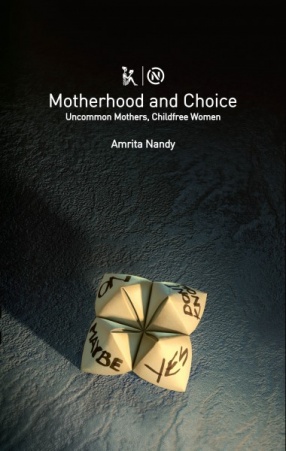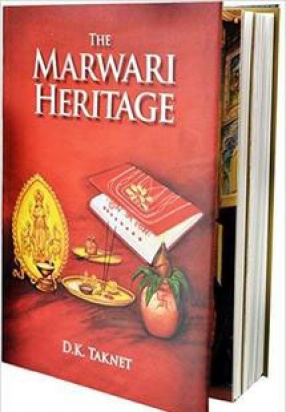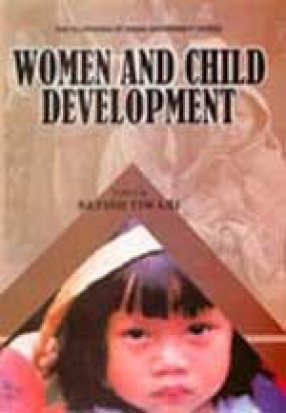How can women live fully? If autonomy is critical for humans, why do women have little or no choice vis-à-vis motherhood? Do women know they have a choice, if they do? How ‘free’ are these choices in a context where the self is socially mired and deeply enmeshed into the familial? What are implications of motherhood on how human relatedness and belonging are defined?
These questions underlie Amrita Nandy’s remarkable research on motherhood as an institution, one that conflates ‘woman’ with ‘mother’ and ‘personal’ with ‘political’.
As the bedrock of human survival and an unchallenged norm of ‘normal’ female lives, motherhood expects and even compels women to be mothers—symbolic and corporeal. Even though the ideology of pronatalism and motherhood reinforce reproductive technology and vice versa, the care work of mothering suffers political neglect and economic devaluation. However, motherhood (and non-motherhood) is not just physiological. As the pivot to a web of heteronormative institutions (such as marriage and the family), motherhood bears an overwhelming and decisive influence on women’s lives. Against the weight of traditional and contemporary histories, socio-political discourse and policies, this study explores how women, as embodiments of multiple identities, could live stigma-free, ‘authentic’ lives without having to abandon reproductive ‘self’-determination.





There are no reviews yet.